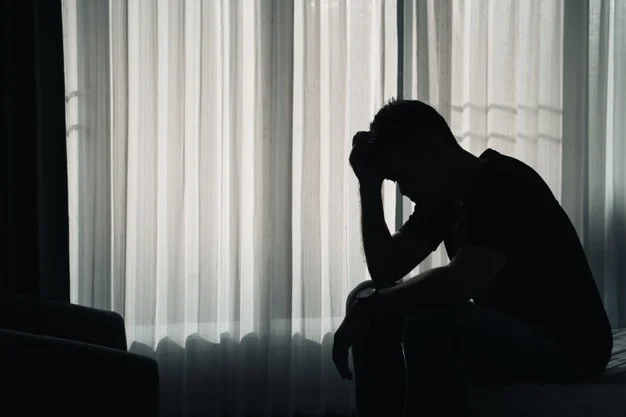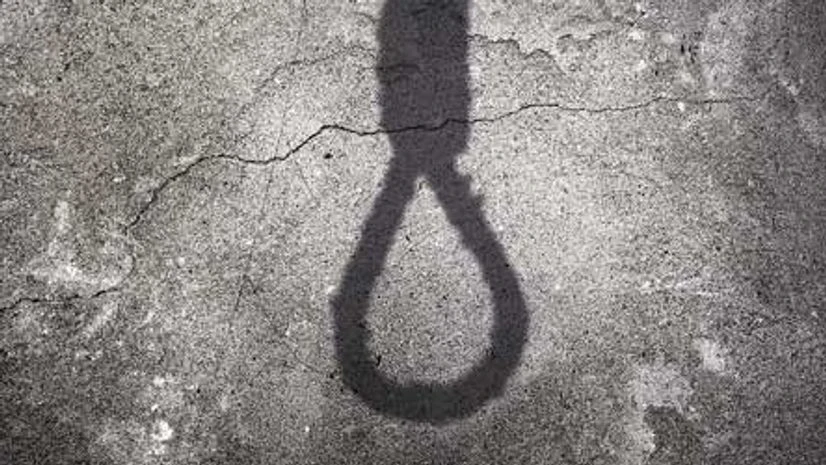How Family Dynamics Contribute to Male Suicide…
By Dr. Suzana Ingrid
Suicide among men is a global crisis—one cloaked in silence and shame. Beneath the surface of these tragic statistics lies a powerful and often overlooked force: the family, the deep hole of hidden unforgettable traumatic moments, where old wounds never healed, the fact is that when home hurts an emotional bomb is created inside of us, family dynamics contributes to male suicide, its triggers the inside emotional nuclear bombs in man.
The Silent Struggle
The way a boy is raised, his family structure, the emotional climate of the home, the presence or absence of parents can shape how he deals with emotional pain for the rest of his life. For too many men, the home becomes the first place where they learn to suppress emotion, deny vulnerability, and carry burdens alone.

The Role of Family in Shaping Mental Health
Families are supposed to nurture, support, and guide. But when family systems are broken, toxic, or emotionally unavailable, they can become breeding grounds for long-term emotional distress. Boys raised in such environments often internalize beliefs like “my feelings don’t matter” or “I must be strong for everyone else.” This early conditioning creates a foundation of silence and emotional isolation.
- Growing Up Without Fathers
Fatherless — whether physical or emotional—is one of the most consistent threads in the stories of men battling depression or suicidal thoughts. The absence of a father figure leaves boys without a model of healthy masculinity. They may struggle with emotional regulation, discipline, or confidence. Worse, they often carry a silent wound: the belief that they were not worthy of love or presence. - The Pressure of Being Raised by Single Mothers
Single mothers are often heroes of resilience and love, but the structure of such households can place immense psychological pressure on boys. Many are expected to “be the man of the house” far too early. This premature burden robs them of their childhood and conditions them to hide their struggles. Without a consistent male presence to balance the emotional dynamics, these boys may grow into men who are protectors of everyone else—yet unable to protect themselves. - Toxic Family Environments and Emotional Neglect
Toxic homes are not always loud or violent. Sometimes they are silent, emotionally cold, or dismissive. When love is conditional, when discipline is harsh, or when open conversations are discouraged, children grow up feeling unsafe to express themselves. In such families, boys are taught that emotions are dangerous or shameful. These lessons are carried silently into adulthood, where they manifest as depression, aggression, or withdrawal. - Cultural and Family Pressure to “Be the Man”
Family and cultural expectations to “be the man” can become a quiet killer. Many men are taught that expressing sadness is weakness, that talking about feelings is unnecessary, and that asking for help is a failure. These messages often come from within the family itself—from fathers, mothers, grandparents, or uncles. This internalized pressure leads men to hide pain behind performance, success, or silence—until they break.

The Unspoken Reality
Many men who die by suicide were never given the tools to process emotional pain. They were raised to be strong providers, not sensitive humans. Their homes taught them survival, not self-compassion. Their families—sometimes unintentionally—passed down silence, shame, and fear.
What Needs to Change?
We must address family structure as a root cause in men’s mental health crises.
Fathers must be present—not just physically, but emotionally and mentally.
Single mothers must be supported with resources, community, and guidance.
Toxic family patterns must be broken with education, awareness, and therapy.
Boys must be raised in homes where emotional expression is nurtured, not punished.

Creating Safe Spaces and Community-Based Solutions
To truly reduce the rising number of male suicides, society must create safe spaces for emotional expression starting at home. Boys and men should grow up in environments where they are free to cry, to speak, to feel without fear of being shamed. Family members must intentionally foster open, judgment-free communication.
But healing is not just a family issue, it’s a community responsibility.
Health centers must go beyond psychiatric wards and include walk-in counseling rooms, mental wellness programs, and trained mental health practitioners accessible at primary care levels.
Schools and universities should employ trained mental health support staff, and every campus should have a wellness or nurse station equipped to respond to emotional distress—not just physical illness.




Mental health education should be routine in academic settings and included in curricula.
Churches and faith spaces must break the silence. They should talk openly about suicide and depression, offer counseling services, and collaborate with professionals.
Routine medical check-ups should include mental health screenings. Emotional well-being must be treated with the same seriousness as blood pressure or cholesterol.
Final Thoughts
The journey to healing doesn’t begin in a therapist’s office—it begins in the home. When boys are raised in loving, balanced, and emotionally safe environments, they grow into men who know how to cope, how to connect, and how to survive with hope. A healthy family doesn’t mean perfect—it means present, patient, and protective. Because every man deserves more than silence. He deserves a voice, a village, and a life worth living.
If you or someone you know is struggling with suicidal thoughts, please reach out to a mental health professional or a suicide prevention hotline.
Healing is possible. Help is available. You are not alone.


